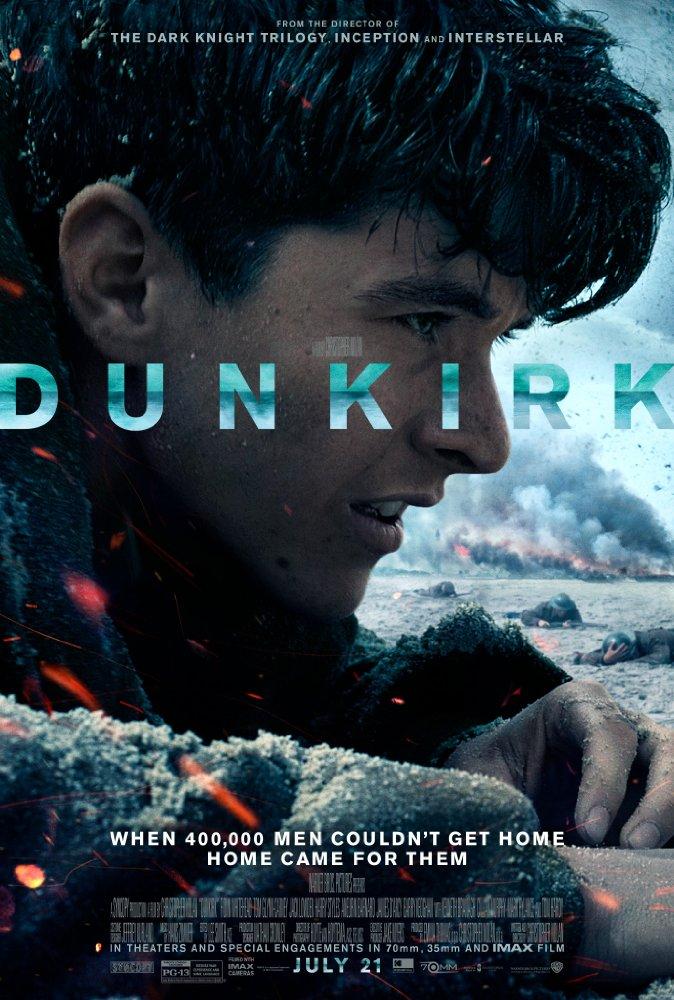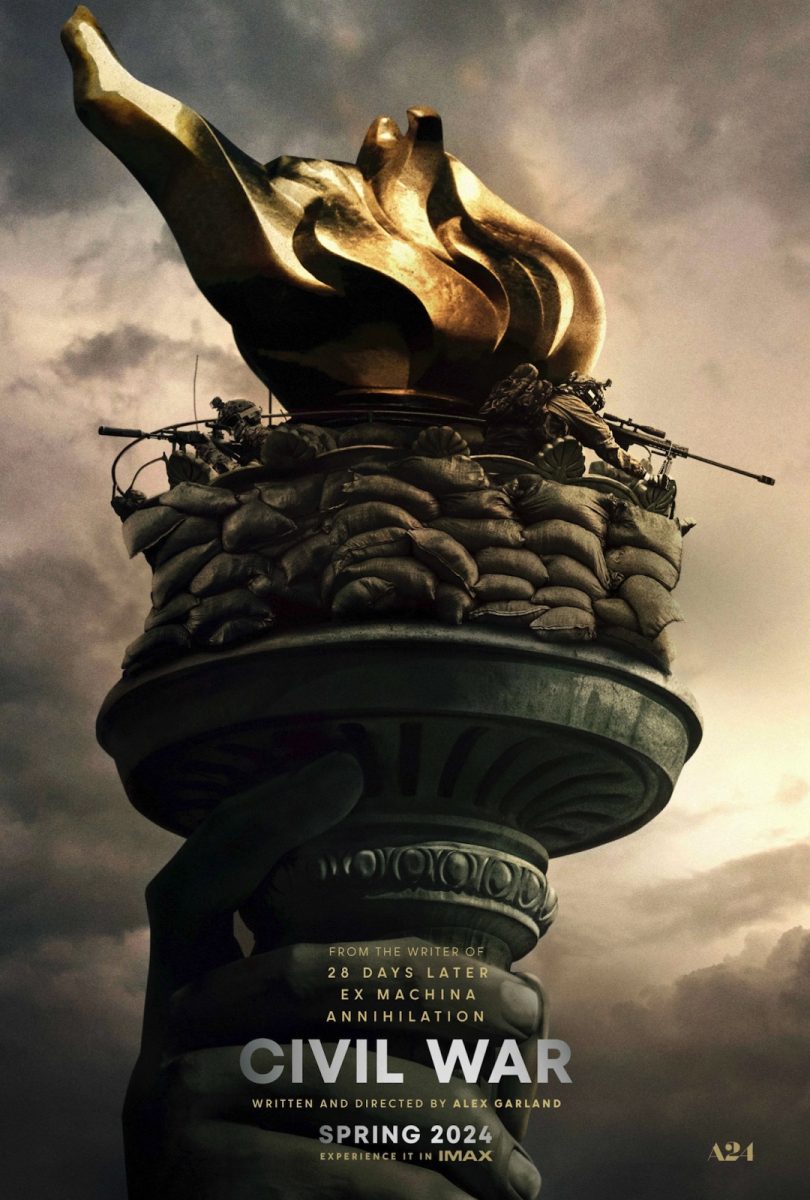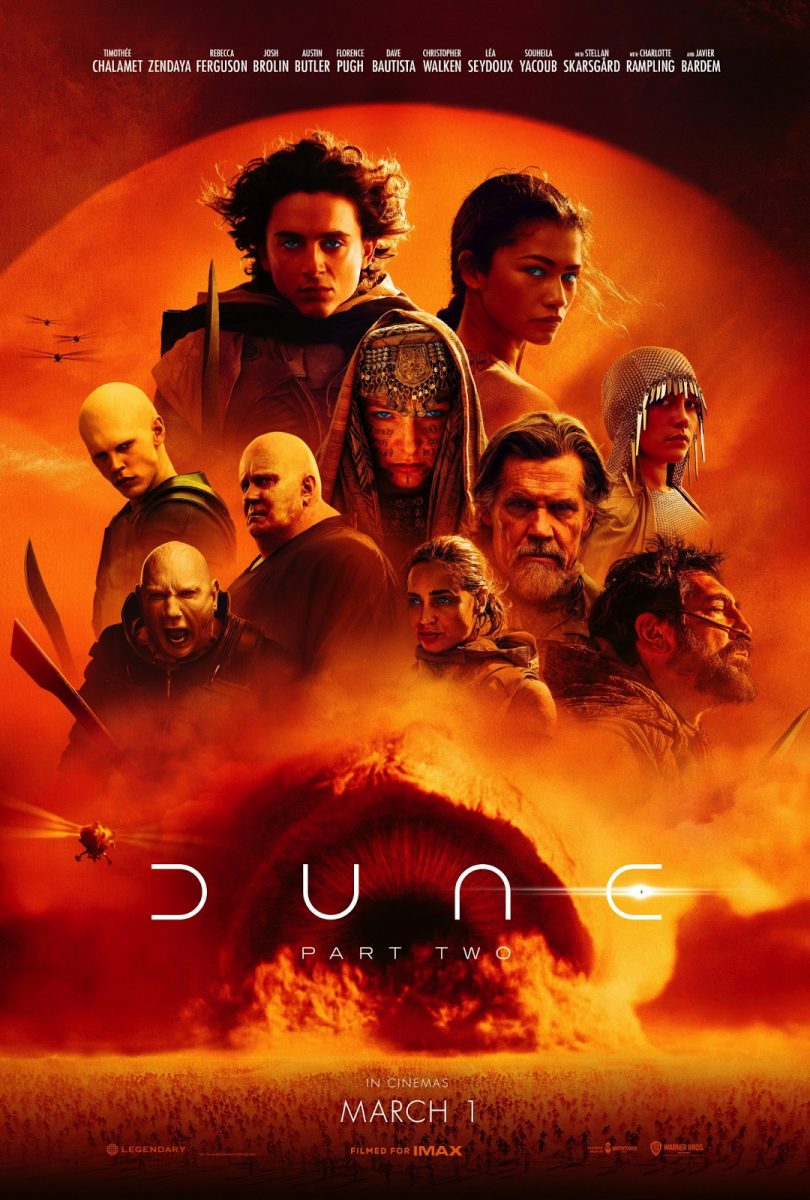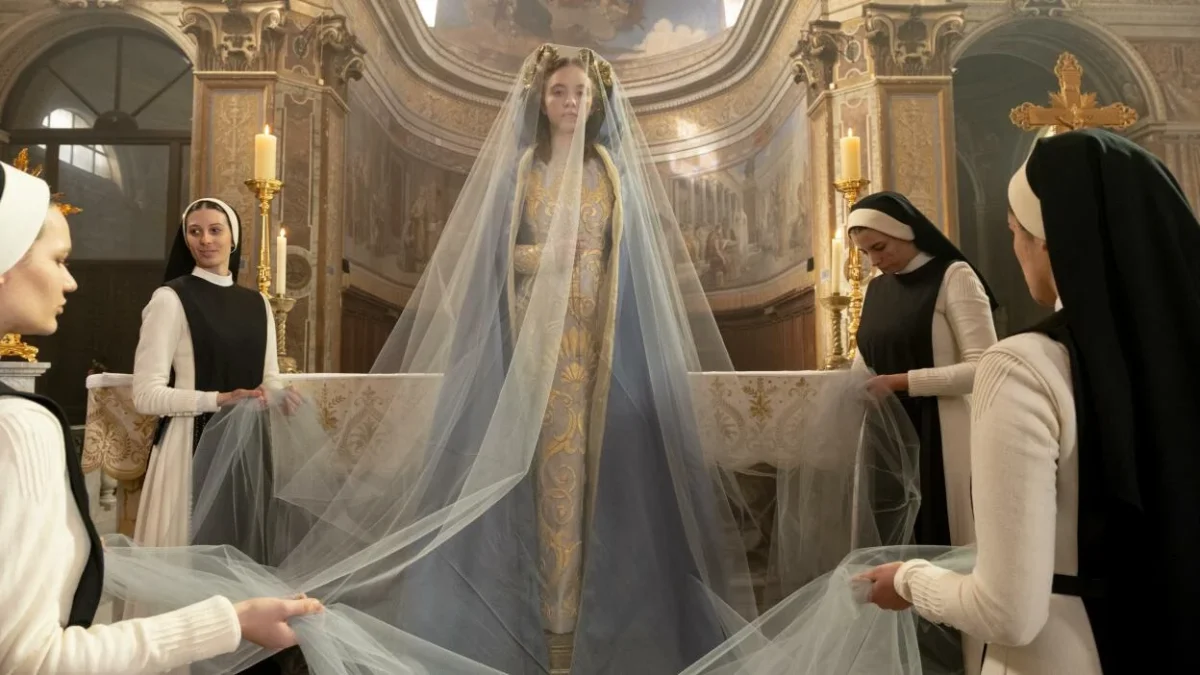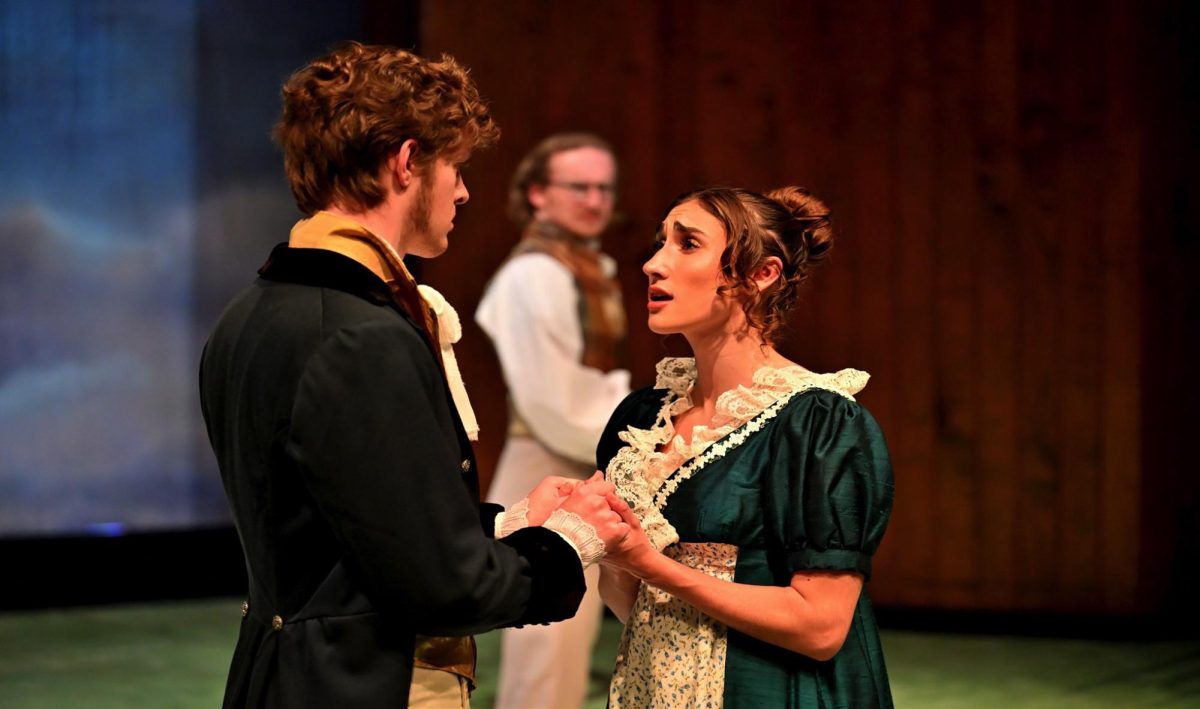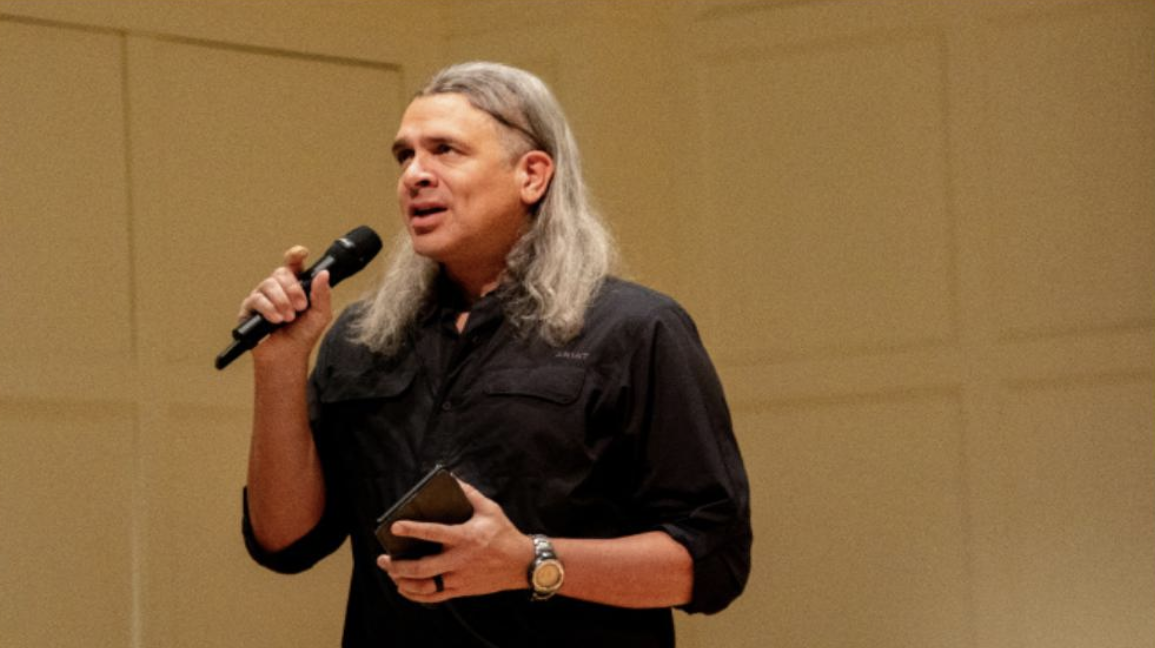Dunkirk is a strange blockbuster, but it’s the perfect tribute to the heroes who inspired it.
Written and directed by Christopher Nolan, known for The Dark Knight Trilogy and Inception, it tells the story of the English army making its narrow escape from occupied France. Even though the shores of home are almost close enough to see, the British are cornered in and have no way to cross the channel. However, as the movie’s tagline states: “When 400,000 men couldn’t come home, home came for them.” A fleet of civilian boats swoop to the rescue, braving German fighter planes to carry their sons home. It is a story about England at one of its pivotal hours. Rather than focusing on one hero like your standard summer flick, it focuses on a nation full of them. This is what makes the film so unconventional, yet a fitting testament to its subject matter.
Coming out of the movie, I realized that I did not remember the name of a single soldier. Truly, there was no good reason I should have. Despite the presence of action star Tom Hardy, One Direction’s Harry Styles and veteran actors like Mark Rylance and Kenneth Branagh, few actors get much individual screen time or lines. As a result, there aren’t many deep or well-defined characters. This may sound like a recipe for shallow story-telling and a movie without a personality, but Nolan manages to present a collective personality that makes up for the lack of well-rounded individuals. This is what sets it apart from war films like Saving Private Ryan, which focuses on a small group the audience gets to know as individuals, and to which Dunkirk will undoubtedly be held up against.
Far more impressive than the special effects and beautiful cinematography is Nolan’s ability to create emotional drama for his audience despite having little individual characterization. In the absence of a clear main character, the collective becomes a fantastic protagonist. This is a terrific feat of movie-making.
Seemingly doomed, the British enlisted men are in survival mode. They are flawed and selfish but their actions are understandable given the circumstances. In one scene, the soldiers hide in an abandoned boat waiting for the high tide to take them out to sea. However, the boat is shot up and begins to flood. The men realize that they must lose weight to make it, and face the decision of whether they should sacrifice the lone Frenchman aboard the ship. The audience sees paranoia and fear but also courage and compassion from these men. Through many shouting voices comes as much personality as an in-depth exploration of any one soldier’s dilemma.
We get to know and care for these men as a group, and therefore Nolan can create moments of high tension when their survival is in peril. This fuels the excitement of the film. It is a conventional recipe for making an action movie, but through his emphasis on the collective, Nolan does it in unconventional way. And that is exactly how a movie about Dunkirk should be made. It is a moment in history when soldiers had to come together, civilians had to come together, and nations had to come together to save the allied war effort and to save lives. The final shots — set to Churchill’s famous “We shall fight on the beaches” speech — underline the fact that this is not a movie about any one soldier, but a movie about an entire nation at its greatest moment.

